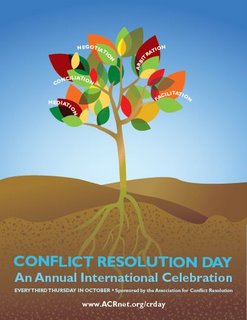
My family celebrates Christmas and I am fortunate enough to be able to divide my holiday celebrations with the loving family of my spouse as well as with my own family (also loving).
We are not the only couple to be dividing the holidays like this and it works quite well, if not perfectly, for us and for our families. Accommodations are made, big celebration dinners are delayed a few days, other events are shifted around, and Christmas presents are opened starting Christmas Eve, continuing Christmas Day and several days thereafter for each celebration.
Other families celebrate their Christmas differently, or celebrate Hanukkah, Kwanzaa and other religious or non-religious holidays. Every family is different, but the goal is the same: For everyone to be together, to enjoy the time we have with each other and to do things that make our loved ones happy.
Wishing you and your family happy holidays and peace in your families, in your lives and on earth.
We are not the only couple to be dividing the holidays like this and it works quite well, if not perfectly, for us and for our families. Accommodations are made, big celebration dinners are delayed a few days, other events are shifted around, and Christmas presents are opened starting Christmas Eve, continuing Christmas Day and several days thereafter for each celebration.
Other families celebrate their Christmas differently, or celebrate Hanukkah, Kwanzaa and other religious or non-religious holidays. Every family is different, but the goal is the same: For everyone to be together, to enjoy the time we have with each other and to do things that make our loved ones happy.
Wishing you and your family happy holidays and peace in your families, in your lives and on earth.













